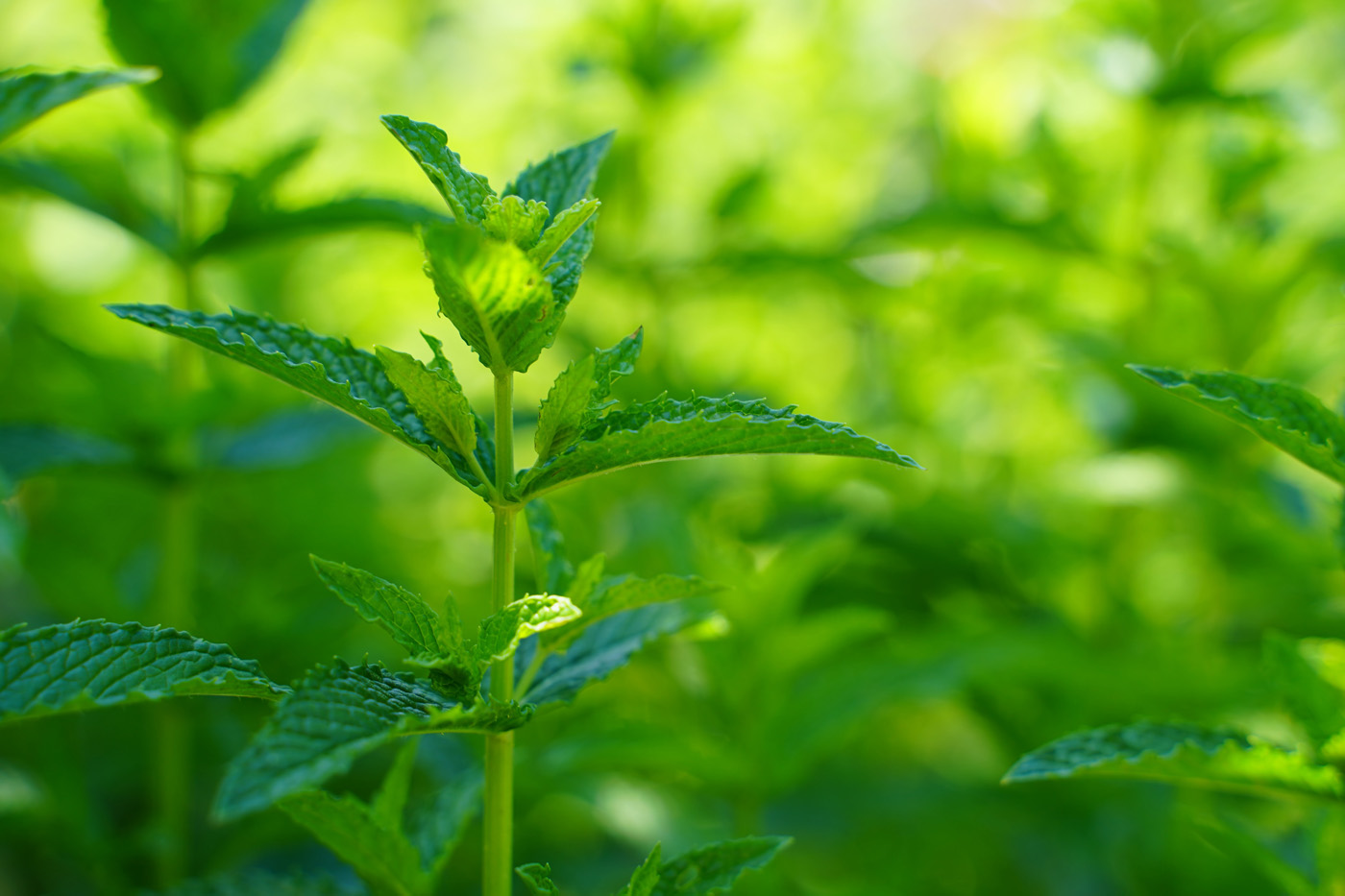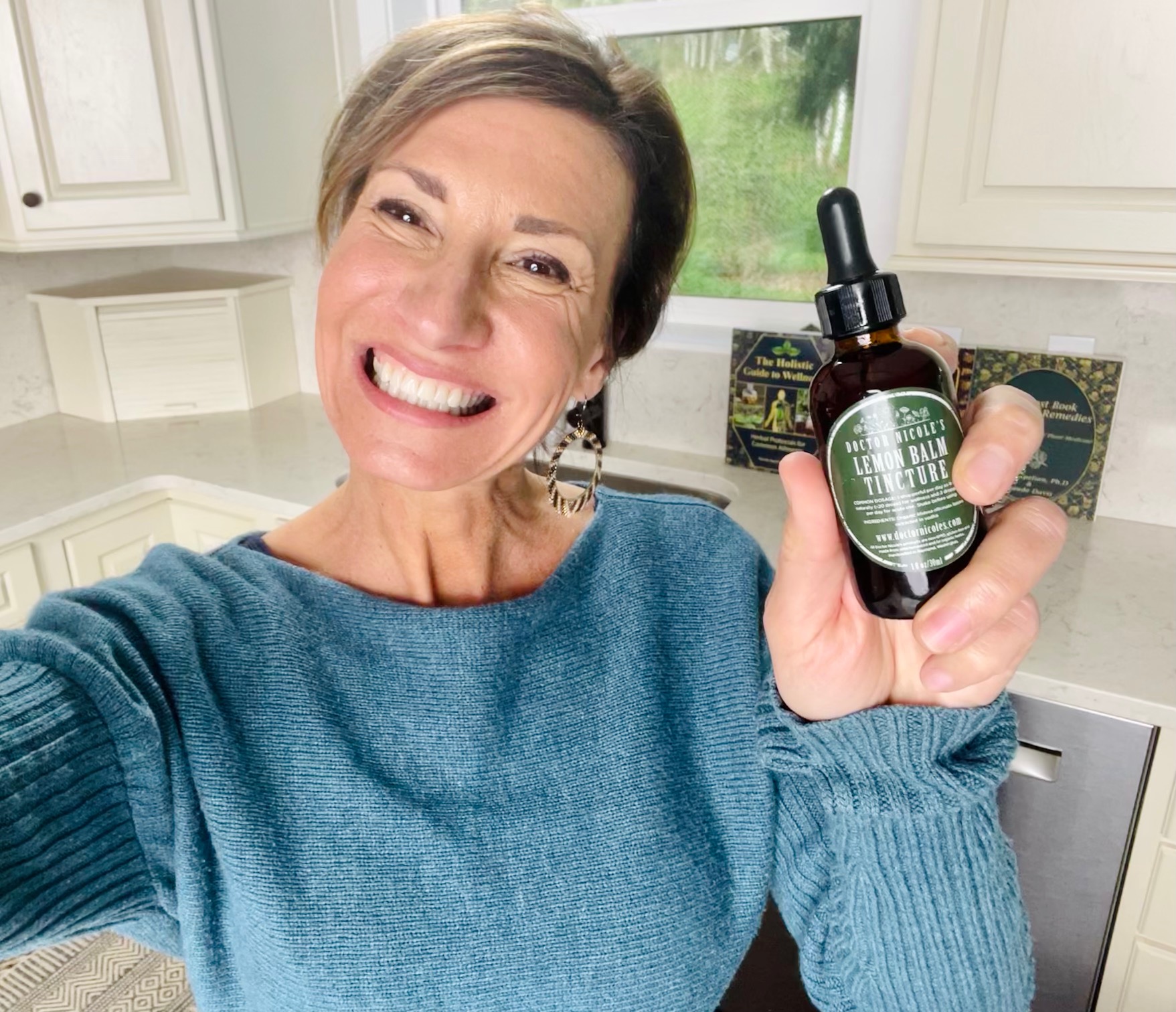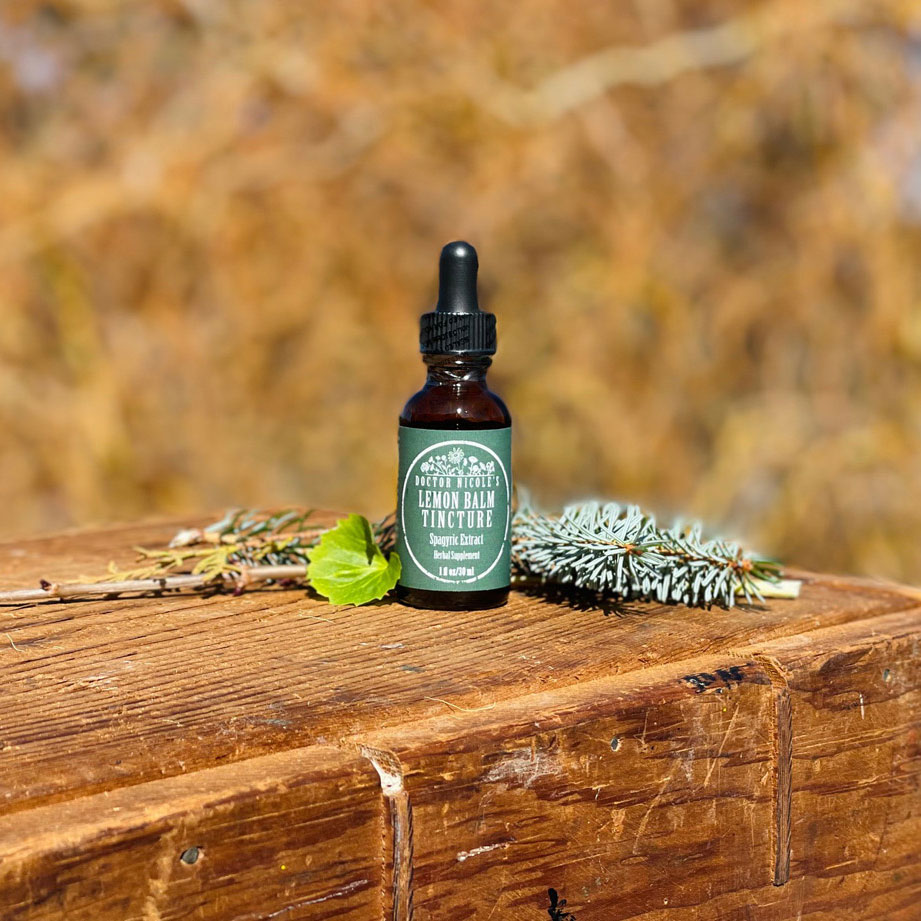Cultivating a Curiously Good Life
What makes for a rich and meaningful life? While philosophers have pondered this question over the ages, most would agree that living with purpose is one of the hallmarks of a life well-lived. Another is altruism. However, researchers have uncovered a third trait we may not immediately recognize: psychological richness. Here we will explore why ‘interesting’ over happy is the secret to a curiously good life.
Purpose & Altruism
I’ve written about the importance of purpose and how an orientation of altruism can spark moments of joy. A purpose-driven life is important not only for our mental well-being but also for our physical health. Researchers have found that those with a sense of purpose reduced the risk of heart disease and stroke by 27 and 22 percent, respectively.1,2 It also increases longevity.3
Likewise, altruism is beneficial for both the giver and receiver of the kind act. As noted in my post, “The 3 Traits of the Happiest People on Earth — It’s Not What You May Think“:
“The positive feelings induced by altruism are sometimes described as a “warm glow” that corresponds to feelings of satisfaction and general positive affect. This effect may yield a range of positive downstream consequences. For example, behavioral and neural evidence demonstrates that donating money can reduce the experience of pain in altruists. These benefits may be durable over the long term. Altruistic actors report higher life satisfaction, fewer symptoms of depression, and higher job satisfaction that lasts up to two months after helping others.”4,5,6
What’s more, simply observing altruism — even if you are not directly involved — was shown to elevate mood, increase energy, and boost the desire to become a better person.4 That’s a lot of benefit! Yet researchers believe there is an additional attribute that helps to build the foundation for a life well-lived: seeking ‘interesting’ over happy.

Chasing Happiness
Here in the US, we are known for our pursuit of happiness — so much so that the phrase is included in our Declaration of Independence. But as Edith Wharton once said, “If only we’d stop trying to be happy we’d have a pretty good time.” For many, chasing happiness can be elusive and filled with frustration as it often seems just out of reach. Perhaps there is a better way?
This is what researcher Shigehiro Oishi and his colleagues were determined to find out. Published in the journal Affective Science, the team asked participants in a nine-nation cross-cultural study whether they ideally wanted a happy, meaningful, or psychologically rich life.7 Approximately 7-17% chose the latter.
In the follow-up, they asked 1611 Americans and 680 Koreans what was their biggest regret in life — and if they could reverse it if their lives would have been happier, more meaningful, or psychologically richer as a result. Roughly 28% of Americans and 35% of Koreans answered that their lives would have been psychologically richer. The team concluded, “Together, this work provides a foundation for the study of psychological richness as another dimension of a good life.”
What does psychological richness look like and how can we attain it?
Philosopher, researcher, and author of The Art of the Interesting, Lorraine Besser, Ph.D. believes it involves novel, complex, and challenging life experiences that often take us out of our comfort zone. These are encounters that engage us, stimulate deep emotion, and shape our perspective. This is why traveling to culturally unfamiliar destinations is so intriguing. The same can be said when we spend time in the wilderness. I wrote about this very aspect in “The Gift of Discomfort“.
Besser points out in her study on psychological richness, that the more experiences you have along this line, the more connected you feel to everything. It also can “lead you towards a more expansive sense of self”.8 Here are several examples that she gives for how we can cultivate this richness in our day-to-day lives.
The first involves letting go of excessive planning. Most of us have had the experience where something spontaneous came up and we thought, “Why not?” — and found that it led to one of our most memorable experiences. According to Besser, this openness to the unexpected shocks our brain out of its habitual evaluations, so we can experience something with a broad freshness that stimulates new thoughts and emotions. However, if we don’t open up the space for this to happen, we may miss the opportunity for something interesting to arise. She recommends allowing for space in your life, then paying attention to things that spark your interest and letting it expand. The focus is to bring a sense of curiosity — once it takes off, “our minds will go somewhere very interesting”.
She stresses that we don’t have to pursue interesting experiences outside of our day-to-day lives. Instead, we can slow down enough to notice what is around us and bring curiosity to it without evaluation. It doesn’t take much to cultivate this openness and psychological richness — it could be something as simple as exploring someone else’s perspective, reading a book about a different generation, the willingness to try something new, or just shaking up our routine a bit. Unstructured cognitive engagement without a plan, purpose, or goal is also important. Anything that requires creativity fits the bill: writing poems, putting ideas together, brainstorming, play — all will activate that region of the brain.
Psychological richness helps us to enjoy all aspects of our lives without becoming overly focused on happiness and meaning. It will allow you to truly thrive even when experiencing challenging life events. Besser sums it up in the article, “What if You Pursued What’s Interesting Instead of Happiness”8:
“The important thing about [pursuing] the interesting is that it’s really up to us, and it’ll give you a tool to enhance your life in ways that are accessible. It really will help you understand and enrich your conception of what it means to live a good life.”
Supporting a Bright and Curious Outlook
It is important to acknowledge that when we are depressed, anxious, or unfocused, this can impact our experience of psychological richness. Sometimes we need a little extra help and support. This is where my lemon balm tincture really shines. It helps to calm the nervous system, clear brain fog, soothe anxiety, and alleviate depression, which in turn can help to ease psychological and physical fatigue.
Lemon balm relaxes the body and mind, improves mood, and can boost intellectual performance in both children and adults. The herb helps with ADHD and focus as well. Additionally, it encourages a positive outlook and increases mental alertness.
Lemon Balm also inhibits the brain’s levels of acetylcholinesterase (AChE), an enzyme that helps break down acetylcholine (Ach), a critical neurotransmitter involved in cognition and memory. Reduced levels of acetylcholine have been associated with Dementia, Parkinson’s, and Alzheimer’s.
HELPS ME TO RELAX AFTER WORK
“Lemon balm is always helpful after a stress filled day at work. When I get home I feel like I’m in flight or fight mode and just tense. This calms my central nervous system, calming my fight or flight response. It helps aid in a nap after work or sleep before bed or simply just not having aggressive feelings, angry outbursts, or frustration towards my loved ones. Basically it’s calming and soothing to those stressed out.” -Staci
If you would like to brighten your outlook, support cognitive health, and soothe anxiety, lemon balm is the herb for you! Stop my apothecary today to learn more.
Nicole Apelian
Nicole’s Apothecary Products in this Post
References
- Kim, E. S., Sun, J. K., Park, N., Kubzansky, L. D., & Peterson, C. (2013). Purpose in life and reduced risk of myocardial infarction among older U.S. adults with coronary heart disease: a two-year follow-up. Journal of behavioral medicine, 36(2), 124–133. https://doi.org/10.1007/s10865-012-9406-4
- Kim, E. S., Sun, J. K., Park, N., & Peterson, C. (2013). Purpose in life and reduced incidence of stroke in older adults: ‘The Health and Retirement Study’. Journal of psychosomatic research, 74(5), 427–432. https://doi.org/10.1016/j.jpsychores.2013.01.013
- Steptoe, A., Deaton, A., & Stone, A. A. (2015). Subjective wellbeing, health, and ageing. Lancet (London, England), 385(9968), 640–648. https://doi.org/10.1016/S0140-6736(13)61489-0
- “World Happiness Report 2023”, John F. Helliwell, Richard, Layard, Jeffrey D. Sachs, Jan-Emmanuel De Neve, Lara B. Akin, and Shun Wang. https://happiness-report.s3.amazonaws.com/2023/WHR+23.pdf
- Post, S. G. (2005). Altruism, Happiness, and Health: It’s Good to Be Good. International Journal of Behavioral Medicine, 12(2), 66–77.
- Meier, S., & Stutzer, A. (2008). Is Volunteering Rewarding in Itself? Economica, 75(297), 39–59. https://doi.org/10.1111/j.1468-0335.2007.00597.x
- Oishi, S., Choi, H., Koo, M. et al. Happiness, Meaning, and Psychological Richness. Affec Sci 1, 107–115 (2020). https://doi.org/10.1007/s42761-020-00011-z
- “What If You Pursued What’s Interesting Instead of Happiness?” By Jill Suttie, Greater Good Magazine: Big Ideas. September 10, 2024. https://greatergood.berkeley.edu/article/item/what_if_you_pursued_whats_interesting_instead_of_happiness







